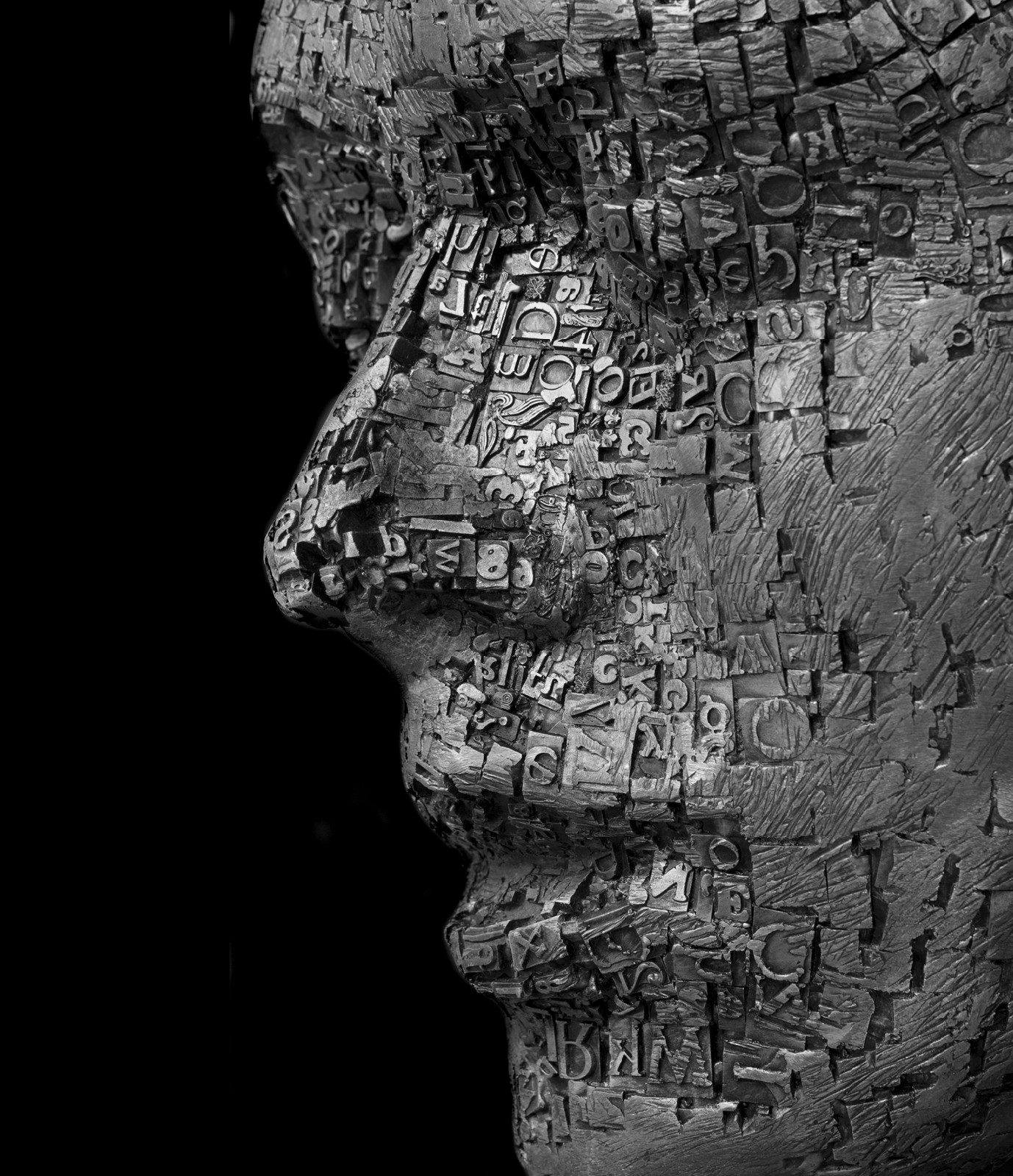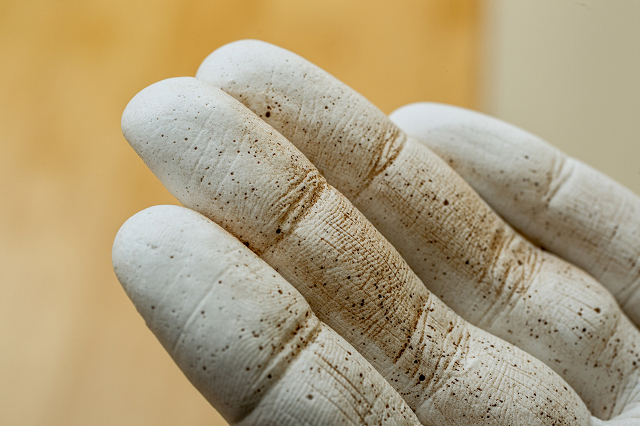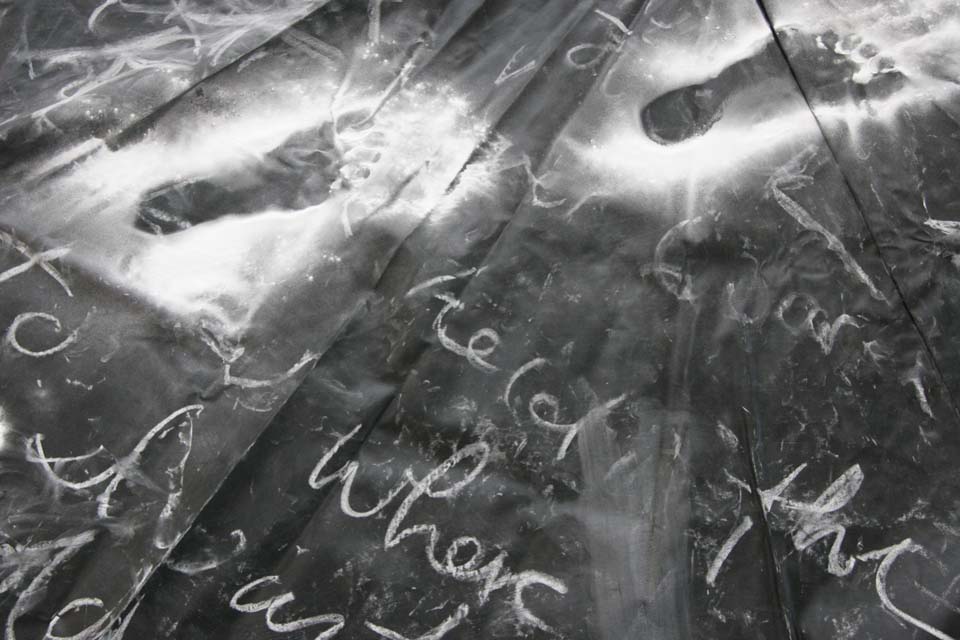It’s customary for columnists writing at the end of the year to give their perceptions of the previous year, and prognostications for the upcoming one. Such an exercise inspires nothing so much as glibness this year, so I’ll refrain from it, and speak directly from the heart.
 I learned a new word today. It’s always a good thing when a writer does, especially when it fits the theme of his end-of-year column. The word is palimpsest.
I learned a new word today. It’s always a good thing when a writer does, especially when it fits the theme of his end-of-year column. The word is palimpsest.
The accent is on the first syllable—PAL-imp-sest. It originally meant a “parchment or tablet that’s used one or more times after earlier writing has been erased.”
When writing was first invented, parchments and tablets were valuable, and had to be reused. Hence palimpsests.
Then there was paper, now there is digital; everything is saved, and yet everything is being lost. So palimpsest has come to mean “something having diverse layers or aspects apparent beneath the surface.” We humans ourselves are the ultimate palimpsests.
The whole history of man is written within us, if one knows how to read the book of oneself. The fear, alienation and violence, as well as the accomplishments, triumphs and advances are all there, laid down layer after layer, generation after generation. We are not individuals.
Though some are smart and others slow; though some are learned and others ignorant; though some are sophisticated and others crude; though some are cunning and others simple, the book of humanity is written in the converging branches of our family lineages.
The pages of the book throughout history belong to this nation or that nation, to this people or that people, speaking particular languages and identifying with separate ethnic groups.
The book itself however is the human tablet that has been written over countless times. A palimpsest. Its etchings are faint and fragmentary, but they are there, “apparent beneath the surface.”
Now however, at the end of a grim and grimy year, and the start of a dubious new one, the ages of man are eroding before our eyes, though the age of the human being has yet to begin.
It can only begin with the ending and emptying of the memories, accumulations and accretions of the past within the individual. There is no movement now, except the movement of negation; no advance, except in emptying.
Our unremembered great-great-great grandfathers and grandmothers had the space to leave one land and tame a new wilderness. But we no longer have that option. Man has overrun the earth and is smothering her. And the smothering of the earth is the smothering of the human spirit.
Yet we still need space. The human needs space to grow into a human being.
It’s unintelligent to revere memory, stored in the brain cells from this life and all the lives that came before, the pages passed down to us and passed down through us to the present climaxing crisis of man.
The intent of the would-be human being is to observe and delete the stifling content of the past, which has come to so deeply enshadow the present, and foreshadow the future.
We have to read the book of ourselves. To read this book there cannot be a reader that stands apart. We are both the book and the reader after all, without separation. To do so there has to be space and stillness. Then one can read the book and be finished with it, for today or forever.
At the beginning and at the end there is emptiness, the infinite space and silence that holds all things. The beauty of the earth and the heavens, all the galaxies, stars, planets and moons of the universe are held in infinite emptiness.
The emptiness and the universe as a whole are aware; and the human brain shares in that awareness when it is silent and empty of thought, memory and experience.
The small child’s sweet voice piercing the air on a cold, brightening morning is in that silence and emptiness, and one hears it as if for the first time with exploding affection.
The human brain is, potentially, evolution aware of itself, aware of the unfolding of cosmic and terrestrial evolution. To share in that awareness, which isn’t mine or yours, we have to be able to read the book of ourselves to the end. That is what it means to be self-knowing.
It may take a day or many lifetimes, but if we’re serious, we have to read the book every day until we’re finished. Because the story of man is over, and there will be no more chapters except tales of conflict and sorrow until enough of us read the book of humanity within ourselves.
I don’t know how many—perhaps a 1/10th of 1%—but each self-knowing person contributes, by the very act of reading the book, to the future of humanity.
We may or may not live to witness the dawn of the age of the human being. But the human being dawns within us the moment we learn how to read the book of ourselves. Then we’re palimpsests no more.
Martin LeFevre

